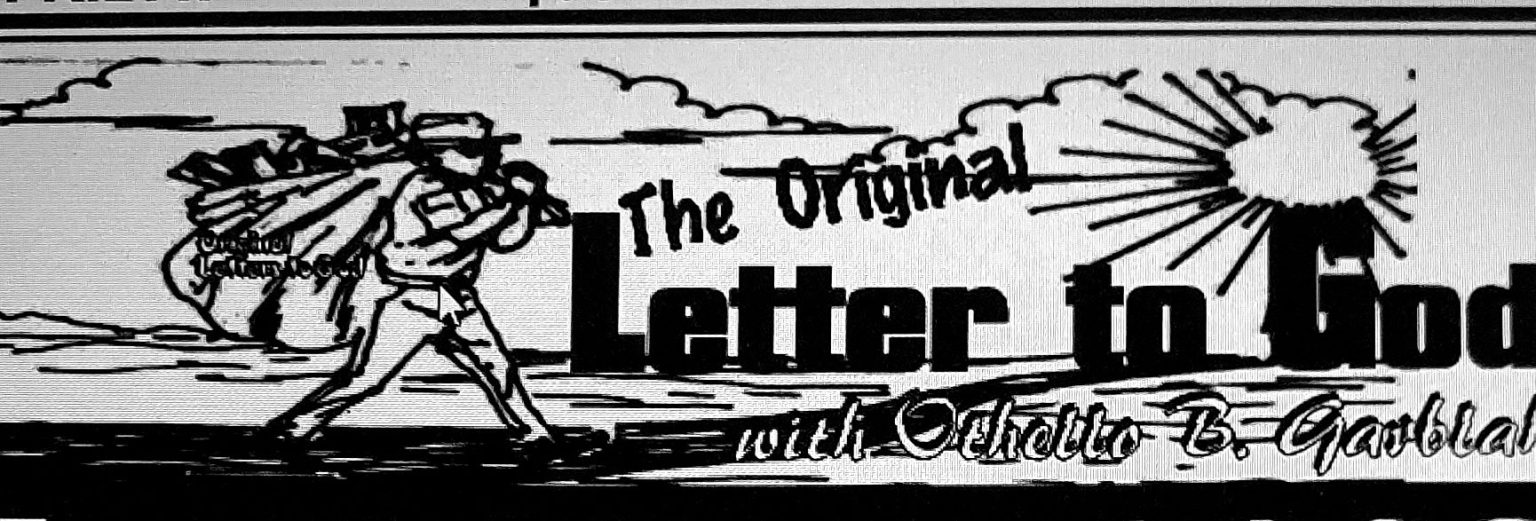This lament, structured as a letter to a “Father” figure, expresses deep frustration and disappointment over the perceived corruption and self-serving behavior of the speaker’s fellow countrymen, referred to as “native woman children.” The speaker initially expresses skepticism towards claims that “Congou people” spoiled the country, but through observation of their own people’s actions, comes to understand and even agree with the sentiment. The core issue lies in the emulation of what the speaker sees as the Congou people’s extravagant lifestyle and corrupt practices.
The speaker observes a pervasive desire among their own people to mimic the Congou people’s perceived wealth and status. This aspiration manifests in a craving for expensive cars, large houses, and foreign education for their children, all funded by public resources. The speaker criticizes this behavior as driven by jealousy and a thirst for personal enrichment at the expense of the community. They allege that these “native woman children,” once positioned in authority, prioritize self-aggrandizement over public service, engaging in rampant corruption. This behavior is contrasted with the Congou people, who, despite their flaws, are perceived by the speaker as being more willing to share.
The speaker’s frustration is palpable, using vivid language and analogies to convey their disgust. They describe the desire for wealth as akin to a “male dog wan do woman bisnay” (a dog in heat), highlighting the intensity and almost primal nature of this pursuit. They also use the phrase “corruption dig, hole cover hole,” suggesting a deeply entrenched and cyclical system of corruption where one corrupt act is simply covered up by another. This creates a sense of hopelessness and resignation, as if the cycle is unbreakable.
The speaker’s disappointment extends to the failure of their own people to prioritize education and development. They lament the poor state of schools in rural areas, contrasting it with the pursuit of personal wealth by those in power. The speaker points to the dilapidated school buildings and the inadequate learning environments, highlighting the neglect of basic necessities in favor of individual greed. This reinforces the sense that those entrusted with public resources are failing their communities and prioritizing their own enrichment over the collective good.
Furthermore, the speaker points to the hypocrisy of their people who previously criticized the Congou people, but now emulate their behavior. This observation underscores the pervasiveness of the problem, suggesting that corruption and self-interest are not limited to a particular group, but rather have become endemic within their own society. The speed with which this transformation has occurred, within just 18 months, further emphasizes the rapid decline in ethical standards and the allure of quick wealth.
The speaker’s concluding remarks express a sense of resignation and understanding. They now comprehend the accusations against the Congou people, not necessarily because the Congou people were inherently corrupt, but because their presence and lifestyle created a model for corruption that the “native woman children” readily adopted and even amplified. The speaker’s final statement, “For some of you they gave you chance to go to good school and what did you learn-stealing,” encapsulates the deep sense of betrayal and lost opportunity that permeates the letter. It suggests that education, meant to be a tool for progress and betterment, has instead become a means to acquire the skills necessary for sophisticated theft and corruption. The speaker’s disillusionment is complete, as they witness the very people who were given opportunities for advancement using their education to perpetuate the cycle of corruption, further impoverishing their communities and betraying the trust placed in them.














